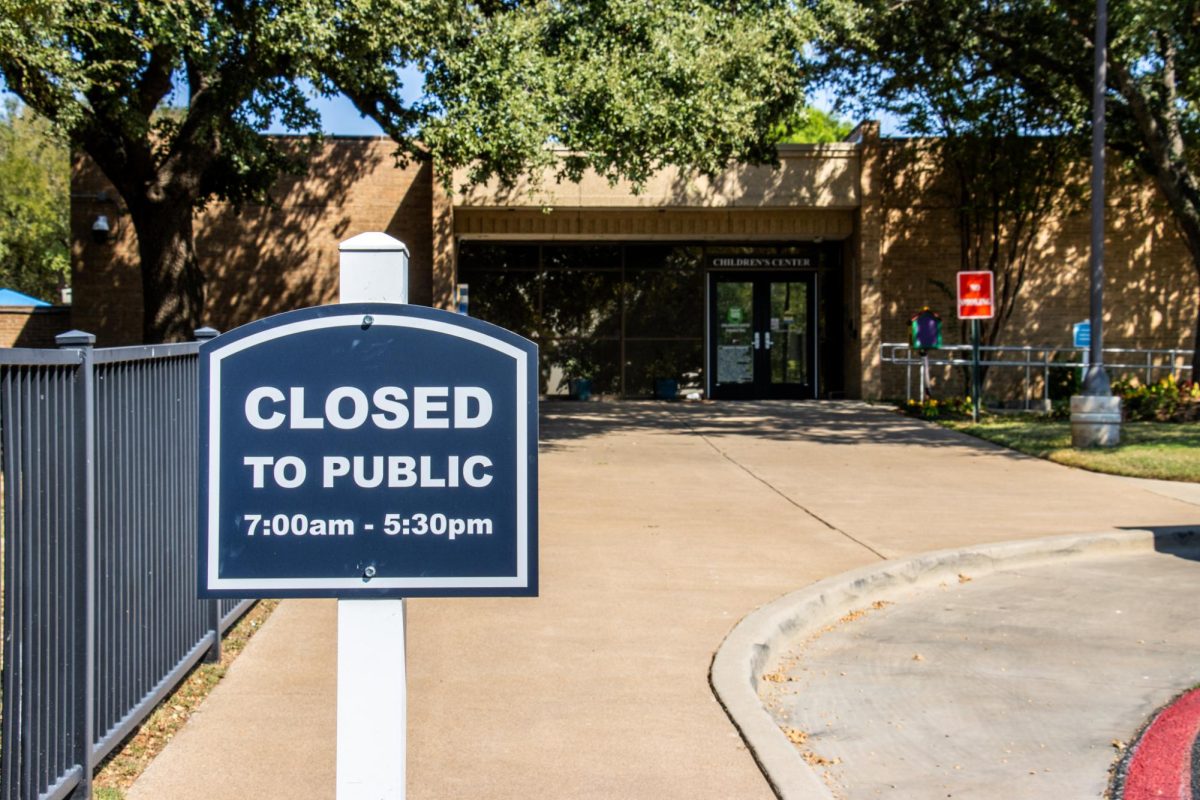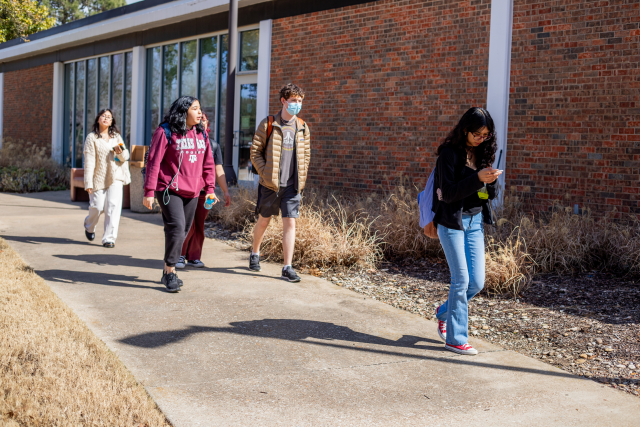
Booker C. Douglas
reporter
collegian.editor@tccd.edu
TCC students voice their newfound financial struggles in the midst of economic inflation.
At the beginning of 2022, the U.S. economy experienced inflation nationwide. As a result, the cost of living skyrocketed. Necessities like groceries, gasoline and rent are at a record high, all while the federal minimum wage continues to stay at $7.25 per hour.
In the U.S., many younger college students are forced to not only have several roommates, but are also pressured into having more than one source of income just to make ends meet.
NE student Simon Garcia shared his own experiences regarding his financial situation.
“As a college student living on my own, I only make $9.25 hourly,” he said. “I used to have a $3,000 apartment and three other roommates. It quickly became too expensive and I was forced to move back home with my parents indefinitely. It’s awful being 25 with no idea when you’ll realistically be able to move out of your parent’s house, which impedes both self confidence and the ability to become independent.”
Garcia also mentioned how overwhelmed he became both physically and emotionally. He believes he won’t be able to move out for at least another few years and feels stuck in late-stage capitalism.
South student Gunnar Lefever explained how he tends to rely on discounted meat but can no longer afford eggs.
“Between tuition and the unreliable gas prices, I don’t have much left over for groceries,” he said. “I tend to shop at two or three local grocery stores and buy a week’s worth of meat for meal prep. While I use their ‘buy one get two free’ special, I have to steer away from eggs now. I used to buy a dozen eggs for $3, but now at $8 a carton they’ve quickly fallen away as a staple food, regardless of their high nutritional value.”
Another issue in the U.S. economy is the service industry. For restaurants, they pay their servers only $2.13 per hour, having them rely solely on tips. What the servers don’t make in tips, most restaurants give them enough money to make the federal minimum wage. As tipping is now seen as unnecessary, this puts stress on those working as a server, especially college students.
NW student Sadie May shares her story of being a 20-year-old full-time college student while also working more than 40 hours a week to survive.
“I live in a two bedroom apartment with a roommate, our rent is $1,800 a month,” May said. “We both work in the service industry and both have to work more than 40 hours a week while going to school full time.”
May said that she used to be able to buy a week’s worth of groceries for $75, but now due to inflation, the same amount of food is now $150.
“Not only that, but the cost of car insurance, gas, rent, wifi and phone bills have all gone up since 2020,” she said.
In North Texas, the average amount of rent for a one bedroom apartment is $1,300. With the federal minimum wage, working full-time at 40 hours per week, that’s only $950 per month after taxes.
NW student Kei-Essence White shared her perspective on the high cost of living.
“I live with my parents. I pay my own tuition but they still help out occasionally,” she said. “However, I went to a Walmart the other day, bought seven things, and my total was $100. If the cost of groceries keeps going up, I doubt I’ll be able to be on my own any time soon.”
White also explained her fear of student debt and the job market after college.
“I worry I’ll spend all this time working towards my degree and not have it pay off,” White said. “I work at a Sunglasses Hut right now and we just hired a school teacher. A teacher. Just the thought of spending all that time to get a degree, and still having to get a side job because it isn’t enough, it’s enough to feel hopeless.”




































